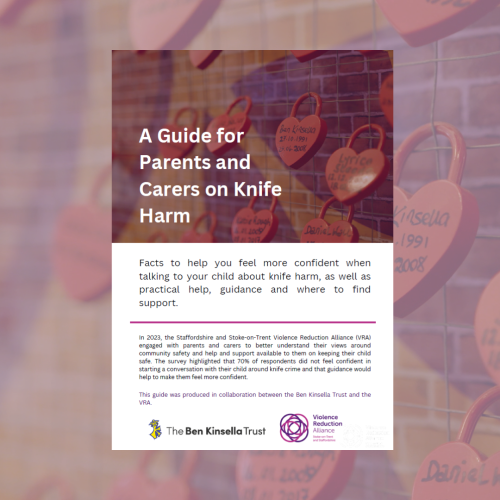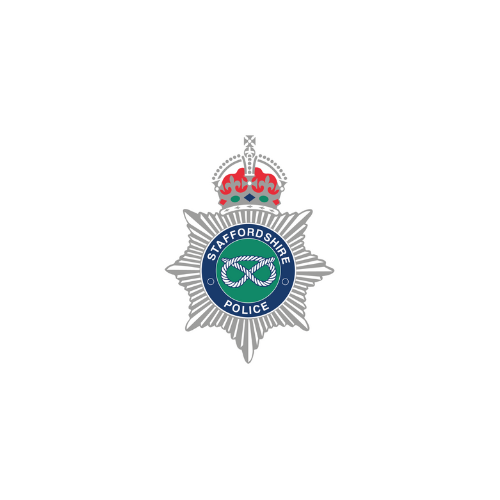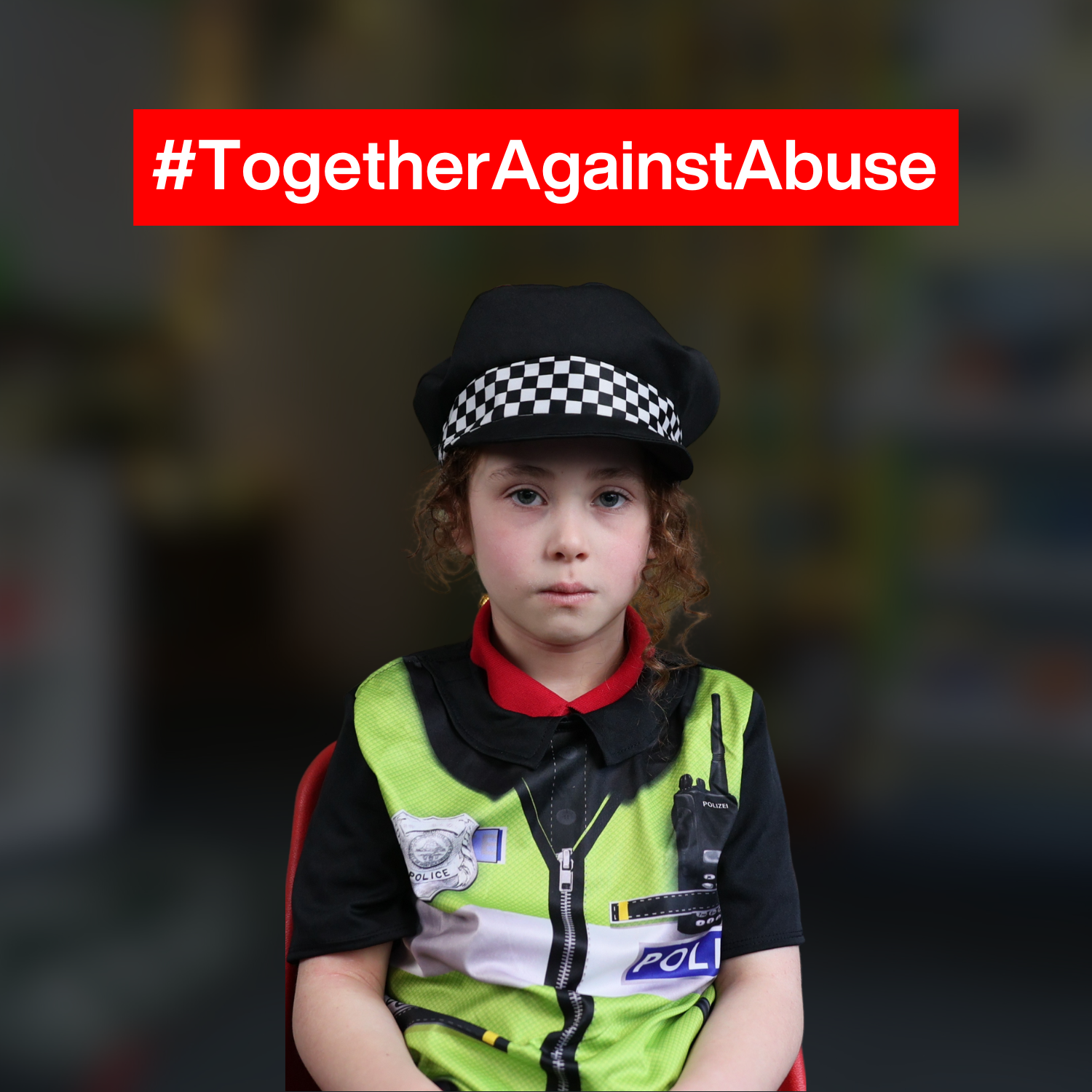“I wanted to be a gangster.” These are the words of *Anthony, a former young offender and victim of child criminal exploitation (CCE) here in Staffordshire. He agreed to speak …
Guide for Parents and Carers on Knife Harm
Resources to help parents and carers feel more confident when talking to their child about knife harm
Guide for Parents and Carers on Knife Harm
The Violence Reduction Alliance (VRA) has worked in partnership with the Ben Kinsella Trust to develop a local guide for parents and carers on knife harm.
According to national data, 99% of young people do not carry a knife; however, it is important that we are doing everything we can to prevent young people from harm.
In 2023 the VRA consulted with parents and carers on their views around community safety and help and support available to them on keeping their child safe. The final report highlighted:
- 46% of respondents ranked ‘knife crime/carrying an offensive weapon’ as their top concern
- 70% did not feel they had the correct tools/knowledge to start a conversation with their child about knife crime/carrying an offensive weapon
- 67% stated that education/training on these topics would help them to feel more confident in starting a conversation with their child
- 52% stated guidance on how to start a conversation with their child on these topics would help make them feel more confident
To support parents and carers, the VRA has worked with the Ben Kinsella Trust to produce a local Guide for Parents and Carers on Knife Harm. The guide includes facts to help parents and carers to feel more confident when talking to their child about knife harm, as well as practical help, guidance and where to find local and national support.

Advice for parents and carers
Signs your child may be carrying a knife
- Withdrawn from family and school
- Change in behaviour
- Skipping school
- Sudden change in friendship groups
- Staying out late
- Being secretive and defensive, particularly about what may be in their bag or bedroom
- Missing kitchen knives
Who can I call for help?
If you are worried about a child and wish to make a referral, please contact your local children’s safeguarding board relevant to your local authority:
Stoke-on-Trent
Between 8:30am – 6:00pm Monday to Friday, you can call the Children’s Advice and Duty Service (CHaD) on 01782 235100 to speak to an experienced social worker about your concerns. Outside of these hours you can contact the Emergency Duty Team on 01782 234234. If the child is in immediate risk, call 999. For further information visit: Safeguarding Children Stoke
Staffordshire
Between 8:30am – 5:00pm Monday to Thursday or 8:30am – 4:30pm Friday, you can call Staffordshire Children’s Advice and Support (SCAS) on 0300 111 8007. Outside of these hours you can contact EDS on 0345 604 2886 or email eds.team.manager@staffordshire.gov.uk. If the child is at immediate risk, call 999. For further information visit: Home – Staffordshire Safeguarding Children Board (staffsscb.org.uk)
If you believe somebody is in immediate danger always dial 999.
Alternatively, if you wish to give information anonymously visit the CrimeStoppers website: CrimeStoppers
Other useful resources
- Guidance on knife crime for parents and carers by Action for Children: I’m worried about my child and knife crime – Support
- Staffordshire Police’s podcast, The Beat. Listen to ‘A Mother’s Story ‘ and ‘Knife Crime: Tackling the Issue’: The Beat Podcast | Staffordshire Police
Advice for young people
I’m being pressured to carry a knife. What can I do?
- You should never let anybody pressure you into doing something you don’t want to. Consider whether those you surround yourself with are having a positive impact on your life
- If you think you may be pressured into carrying a knife, try to think of a way to say no before you are put on the spot – it could save your life
- Try to stay away from situations that you know are likely to result in conflict or violence
- Find positive things to do which will help you avoid dangerous situation. This will also help you meet others who don’t carry
What are the consequences?
Potential consequences of carrying a knife include:
- Being arrested – police can stop and search someone if they believe a weapon is being carried
- Prosecution – regardless of whether you say it was for your own protection or you were carrying it for someone else
- Prison – sentences of up to four years are given for possession of a knife OR if you stab someone and they die then a life sentence means 25 years inside
- A criminal record – this can stop you getting in to college, university, getting a job or travelling to countries like the USA or Australia
- Death – you could get seriously injured, killed or kill somebody else – resulting in a life sentence in prison.
Help and Support
If you are worried about a friend, being pressured into carrying a knife or are in a situation that you feel uncomfortable, you can get advice from independent agencies. When you contact them you do not have to give your personal details or information.
If you believe you, or somebody else, is in immediate danger always dial 999.
Help and Support available to you
Visit our Support page for further information and advice on where to go for support.
Campaigns
We are taking a partnership and inclusion approach to bringing about positive changes in communities throughout Staffordshire & Stoke-on-Trent. These projects are created or selected based on understanding and needs of local communities, brought by those who are living and working within them.
Latest News
From today, (Friday 1 August), ninja swords across England and Wales have been banned and the law around ownership change. Under the Criminal Justice Act 1988 (Offensive Weapons) (Amendment, Surrender …
Over 200 children at risk of, or victims of, Child Criminal Exploitation were supported last year by the Catch22 service, commissioned by the Staffordshire Commissioner’s Office. A further 169 parents …
The Staffordshire and Stoke-on-Trent Violence Reduction Alliance (VRA) has launched a new campaign to tackle violence against frontline workers across the City and County. Developed in partnership with Staffordshire Police, …


